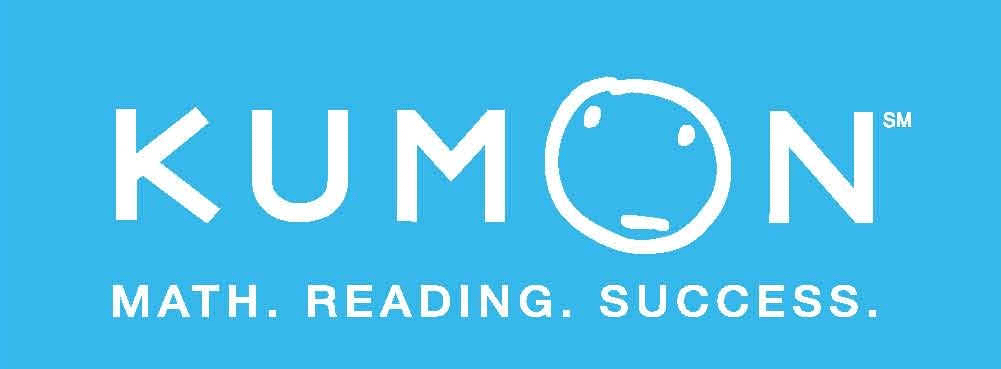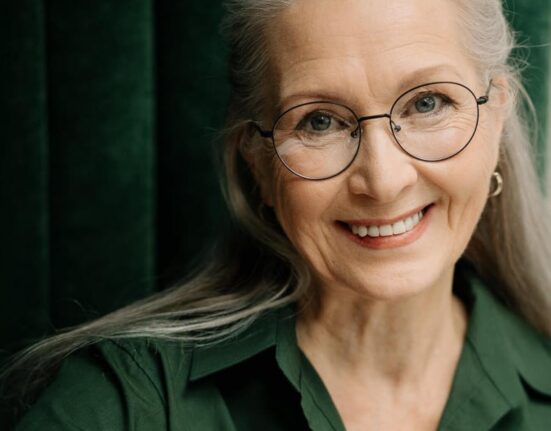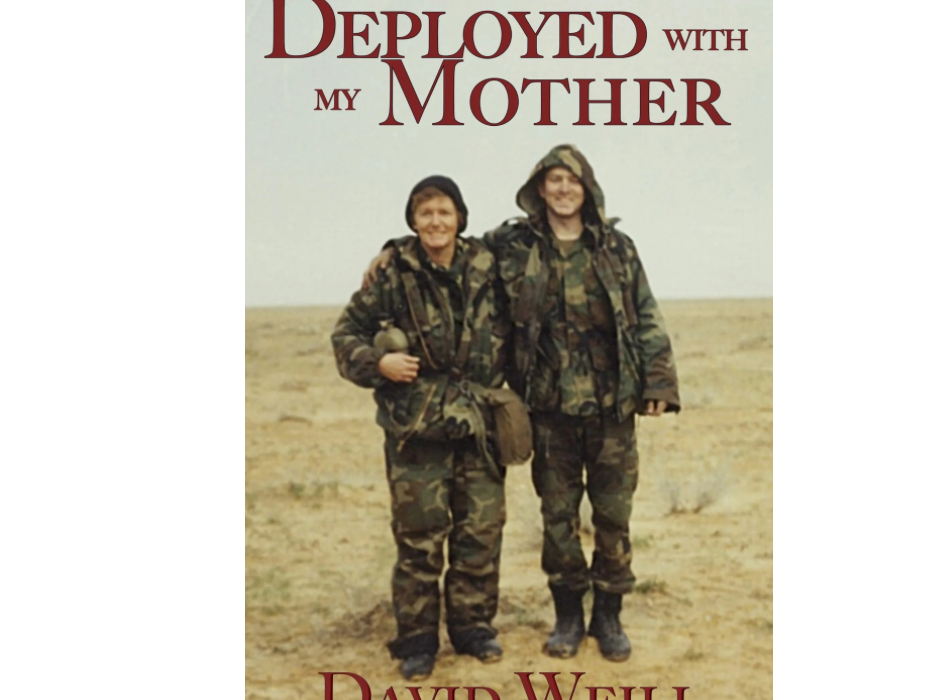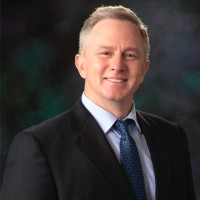When Money Eclipsed Mission: A Soldier’s Reflection on Joining the Army
David W. Weill’s Thirty-Second Conversation That Changed Everything
In 1988, David W. Weill III found himself sitting across from an Army recruiter, listening to promises of college money and future opportunities. At eighteen, the offer seemed straightforward to the young man—serve your time, get paid, and walk away with a college fund. What could be simpler?
When he got home that day, he was ready to discuss this opportunity with his mother.
“Hey, Mom. Do you think I should join the Army?”
“No.”
Their conversation took less than thirty seconds.

But that wasn’t the end of it. David’s money mindset—that ever-persistent voice that calculates costs and benefits above all else—kicked into high gear. If he could make money or save money by joining the Army, he wanted to give it a try. Yes, there was pride in serving the country, but if he’s being honest with himself now, he was mostly serving his own interests. The deciding factor for signing up came down to dollars and cents: what the recruiter had told him about paying for college.
The Argument That Won
David returned to his mother with a more thorough case, laying out all the financial benefits of military service. The GI Bill—the steady paycheck. The educational opportunities that would otherwise be out of reach. His argument must have been persuasive, because after some consideration, she relented.
“Okay,” she said.
And just like that, he signed up.
What He Didn’t Consider
Here’s what strikes observers most when looking back on that decision: the thought of actually going to war never even crossed the young man’s mind. In 1988, there were no major conflicts on the horizon—at least none that America was involved with. The world seemed relatively peaceful from a teenage perspective.
Think about that for a second. Let that sink in.
The desire for money had so warped his thinking that it never occurred to him that as a soldier, his primary function was to be a warrior—to be ready to go to war. He was signing up to be trained in combat, to be prepared to deploy, to potentially put his life on the line for his country and his fellow soldiers. But all he saw were dollar signs and the promise of a college education.
David had reduced one of the most profound commitments a person can make—military service—to a transaction. A means to an end. A way to pay for something he wanted without truly grasping what he was promising in return.
The Reality That Followed
Of course, life had other plans. Just a few years after he enlisted, Saddam Hussein invaded Kuwait, and the world watched as the United States prepared for Operation Desert Storm. Suddenly, the abstract concept of “being a soldier” became very real, very quickly.
David deployed with the 912th MASH unit during Desert Storm, serving alongside dedicated men and women who understood something he hadn’t fully grasped when he signed those papers. They understood that service means sacrifice. That wearing the uniform comes with responsibilities far greater than financial benefits. That when you raise your right hand and take that oath, you’re pledging something far more valuable than what any college fund could represent.
His mother—wise in ways he couldn’t appreciate at eighteen—was there too, serving in the same unit. The son who had convinced her that joining the Army was a sound financial decision found himself deployed to a war zone with the very woman who had initially said “no” to the whole idea.
A Lesson in Priorities
Looking back now—as a husband, father, follower of Christ, and someone who has had decades to reflect on those early decisions—David recognizes how skewed his priorities were. He had made a life-altering choice based primarily on what he could get out of it, not on what he could give or what might be asked of him.
This isn’t to say that the financial benefits of military service aren’t legitimate considerations. They are. The GI Bill has opened doors for millions of veterans, including David. He went on to earn his bachelor’s degree from East Tennessee State University and later his Master of Divinity from Mid-America Baptist Seminary—educational achievements that might not have been possible without that military service.
But the lesson he learned—one that he carries with him to this day—is about the danger of letting money become the primary lens through which we view our decisions. When financial considerations eclipse all other factors, we risk missing the deeper meaning and greater purpose of our choices.
Service Beyond Self
True service, David has come to understand, requires looking beyond what we stand to gain. Whether it’s military service, ministry, family life, or any other calling, the most meaningful commitments we make are those where we’re willing to give more than we expect to receive.
As an Eagle Scout, David had learned the value of service early on. The Scout Oath includes the promise “to help other people at all times.” Somehow, between earning that rank and visiting that recruiter’s office, he had lost sight of that principle. He had to relearn it—in the desert, in uniform, with his mother serving alongside him—that service is not primarily about what you get. It’s about what you give and who you become in the giving.
Reflections for Today
Today, as a Steak ‘n Shake franchise owner, David makes business decisions where financial considerations are obviously important. But he tries to remember that eighteen-year-old kid who saw only the bottom line and missed the bigger picture. He tries to ask himself: What else matters here? Who else is affected? What am I really committing to?
When he’s not working or spending time with his wife Trish and their four children, you’ll find him on the golf course, tennis court, or tackling obstacle courses like Tough Mudders and Spartans. These challenges have taught him something similar to what military service taught him: the value isn’t just in completing the course or earning the medal. It’s in pushing past your perceived limitations, in supporting the people struggling alongside you, in discovering what you’re truly capable of when the stakes are high.
The Conversation He’d Have Now
If David could go back and have that conversation with his mother again, it would last much longer than thirty seconds. He’d tell her he wanted to join not just for college money, but because he wanted to serve something larger than himself. He’d acknowledge that he might be called to war, and that he was prepared to face that possibility. He’d thank her for her wisdom in initially saying no—and for her grace in eventually saying yes.
But he can’t go back. None of us can. All we can do is learn from our past decisions, share those lessons with others, and try to make better choices going forward.
The recruiter was right about one thing: David’s time served did help pay for college. But the real education came from learning what he should have understood before he ever walked into that recruiting office—that the most important question isn’t “What will I get out of this?” but rather “What am I prepared to give?”
To order David’s book visit this link


















 franchise owner, husband, and father of four residing in Middle Tennessee. He came to know Christ through the ministry of Cru at the age of 23 and holds a Master of Divinity degree from Mid-America Baptist Seminary.*
franchise owner, husband, and father of four residing in Middle Tennessee. He came to know Christ through the ministry of Cru at the age of 23 and holds a Master of Divinity degree from Mid-America Baptist Seminary.*
Leave feedback about this